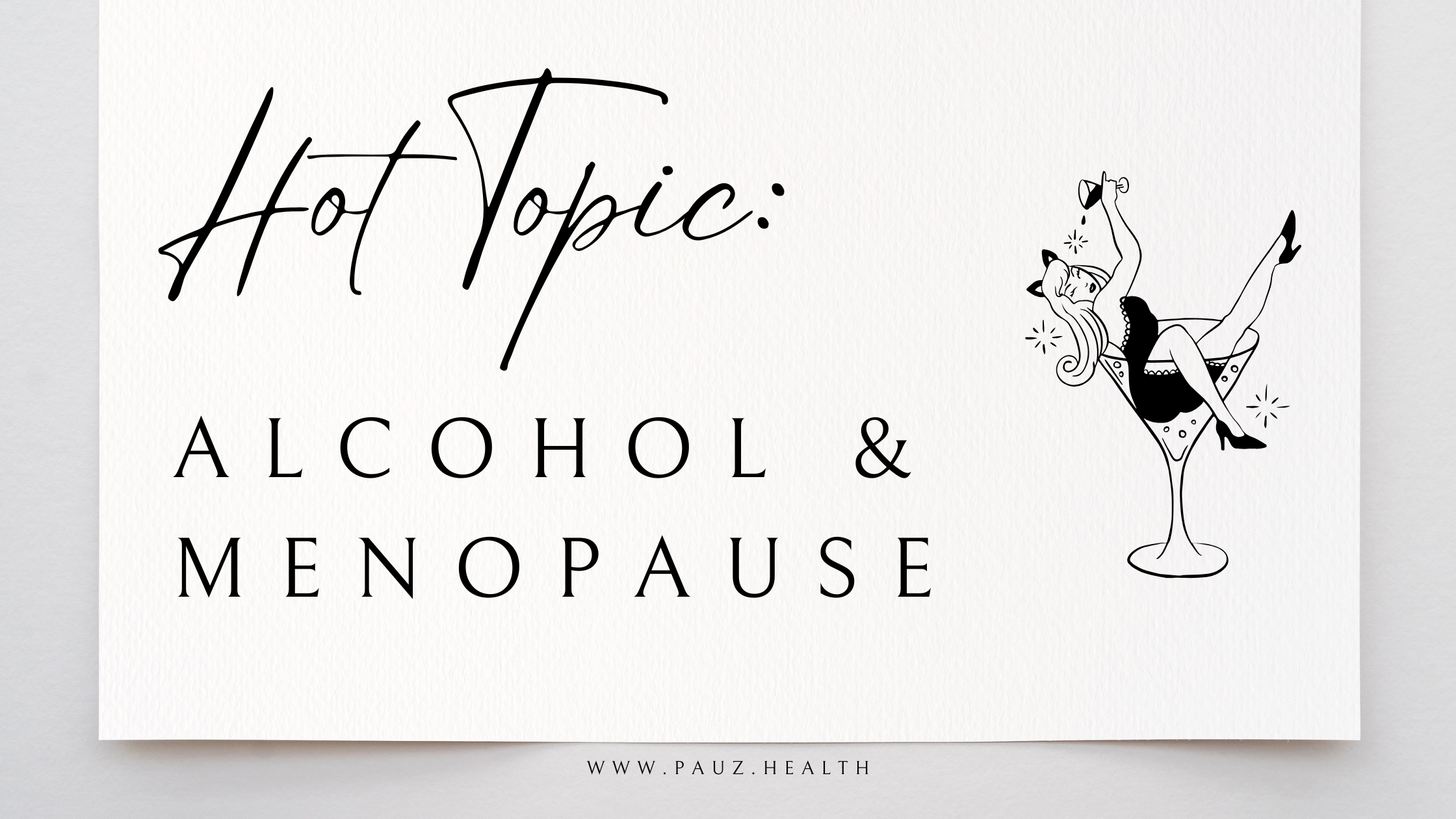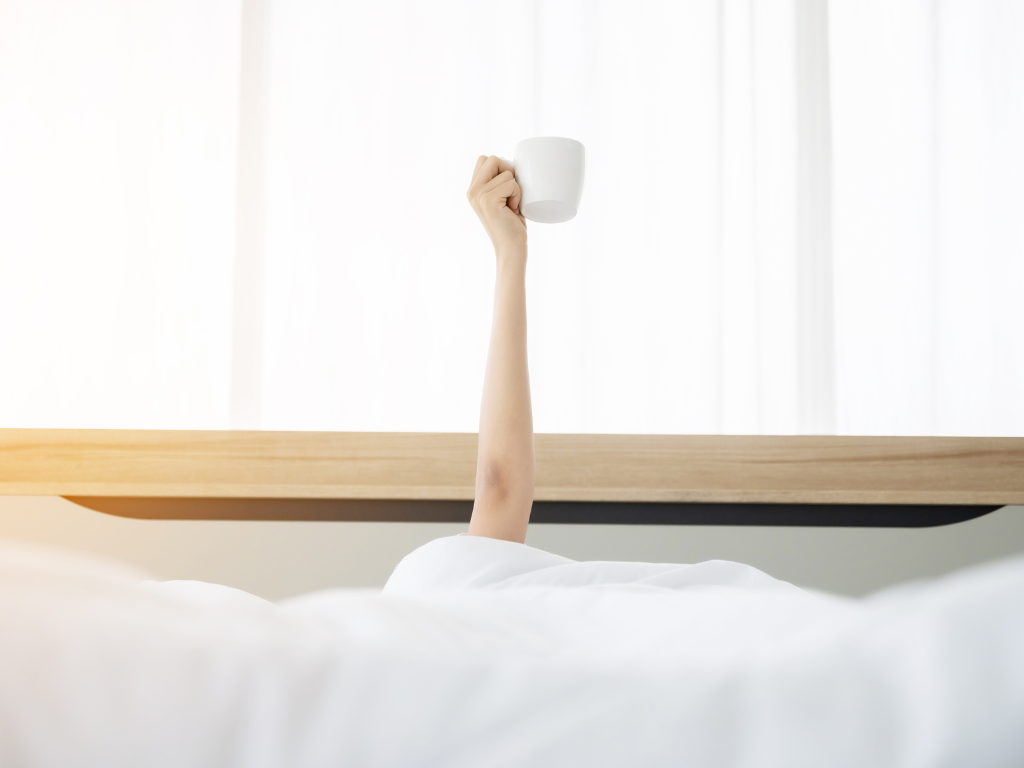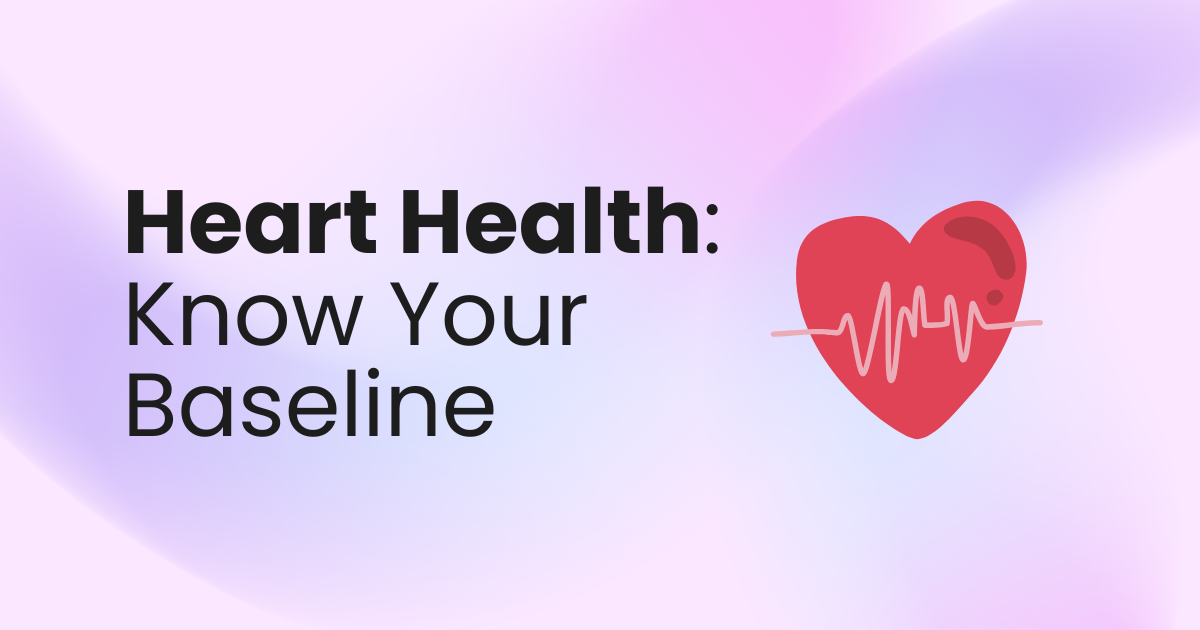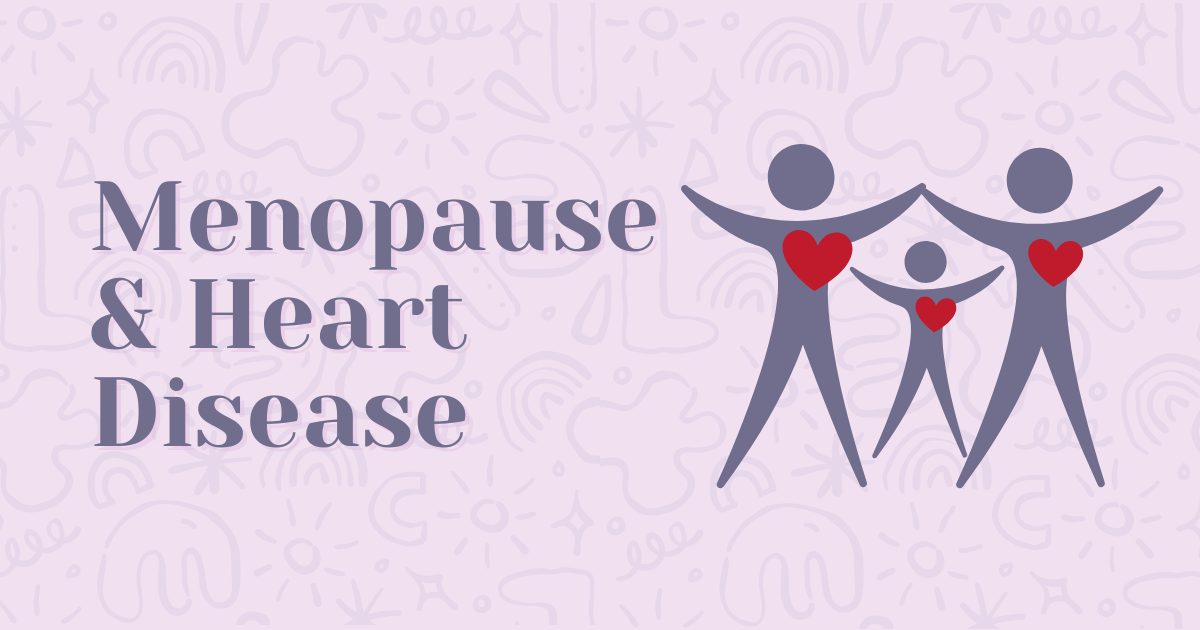Recent studies show an alarming rise in alcohol consumption among women, increasing at a higher...

Find information on what happens to your sleep during menopause and what you can do to catch the most ZZZZZZs, including:

Women typically spend night hours finishing chores, working, or are up so late doing ‘life’ they do not get to unwind with television or entertainment until the time they should go to bed.
We know all the ‘don’t look at screens before bed' advice, but how realistic is it?


First, understand your baseline. Jot down information before you go to bed and in the morning after waking up.
This will help validate your recall for what is happening and give some areas to start focusing on improvements.

Recent studies show an alarming rise in alcohol consumption among women, increasing at a higher...

As you enter into menopause and your period has stopped for 12 consecutive months, your estrogen...

As estrogen declines during menopause, several key changes occur: Arteries become stiffer, leading...
Take the quiz below to learn more about how PAUZ can help you feel empowered and understood.
Menopause usually begins in the fabulous 40s or 50s, but it's as punctual as a cat—shows up when it wants. Some experience it earlier, especially if they've had surgery or medical treatment that affects the ovaries. Menopause marks the end of menstrual cycles and is officially diagnosed after 12 consecutive months without a period. While it is used as an umbrella term to cover perimenopause and postmenopause, it really represents a single point in time, the day you officially missed your period for 12 consecutive months.
The first signals of perimenopause are typically a change in your period. A change in timing, duration, and heaviness. If you find yourself shedding clothes like it's summer in the Sahara or feeling moodier than a teenager, you might be getting some signals. Other signs include sleep disturbances, memory lapses, and saying goodbye to regular periods. In fact there are over 34 symptoms impacting almost every system in your body impacting your physical, sexual, and mental functioning and health.
Perimenopause is the start of menopause where estrogen and progesterone begin to decline and your body tries to compensate, creating an internal rollercoaster ride. Your cycle gets irregular, and symptoms start popping up. Postmenopause is the stretch after you’ve hit the 12-month mark without a period. Menopause is the grand milestone in between. Think of it as the main event flanked by the pre-show and the after-party. This does not mean symptoms cease necessarily and introduces increased risks for osteoporosis, heart disease, and other metabolic chronic diseases.